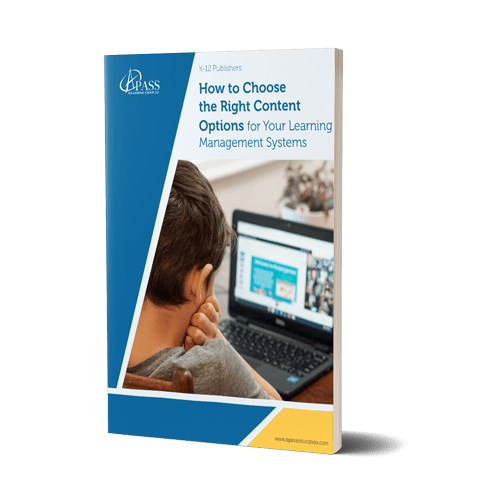Social and emotional learning (SEL) helps children learn to understand themselves, connect with others, achieve individual and collective goals, and support their communities. Strong SEL skills help students achieve academic success. Also, these skills enhance self-esteem, relationship building, employability, and civic responsibility.
Many educators project that students will need SEL skills for the future. Thus, leaders can help produce materials to address this need. The pandemic and its stresses indicate the need for SEL education. The Collaborative for Academic, Social, and Emotional Learning (CASEL) and Urban Assembly agree that SEL is paramount to community and nationwide civil harmony.
Therefore, K-12 schools, publishers, and others that provide curricula can create effective SEL-focused materials. Here are the current CASEL Principles.
What are the CASEL Principles?
Moreover, CASEL principles help classrooms, schools, families, and communities work together to achieve SEL skills. Its goal is to allow all K-12 students to have these essential learning experiences in a safe, supportive environment. CASEL’s framework — often referred to as the CASEL wheel — consists of five areas of competence
- Self-awareness
- Self-management
- Social awareness
- Relationship skills
- Responsible decision-making
When developing educational materials, publishers and providers should focus on these five principles. For instance, they can give students opportunities to discuss social issues during a history lesson. Materials can also provide students with collaborative problem-solving sessions during a science experiment lesson.
CASEL Moves Beyond the School
CASEL also maintains that developing SEL skills extends beyond the classroom and into the family, community, and school. Therefore, the best elements for SEL materials should include these collaborative partners.
Classrooms
In the classroom, teachers and students should have access to materials that directly teach SEL skills. Moreover, students learn these skills when they have the opportunity to apply them. Publishers create SEL materials that connect to the core subject material. Furthermore, SEL is most successful when students are partners in their learning process. They build trusting relationships and use evidence-based programs.
Schools
Intentionally, SEL should be integrated into the functions of the school through schoolwide policies, practices, and culture. Furthermore, individual states set their own definitions and requirements for supporting SEL. Therefore, publishers should work at the state and district level to provide an age-appropriate SEL curriculum that meets the standards for a state.
Families and Caregivers
A child’s home environment provides the earliest and most ongoing learning experiences. Schools must authentically partner with parents and listen to them and develop strategies for supporting them on behalf of the children. Publishers and schools work collaboratively to create materials for families and caregivers to enhance SEL skills.
Communities
Schools should also partner with community organizations to align principles and practices, thereby giving children further opportunities to strengthen SEL skills. In the same regard, publishers can develop materials that support civic responsibilities and community awareness.
In sum, social-emotional learning aids K-12 learners to develop self-confidence. It can help them become responsible adults, and they can positively impact their community. By adopting CASEL principles, the five areas of competence, publishers and providers can build curricula that help students reach these goals.





